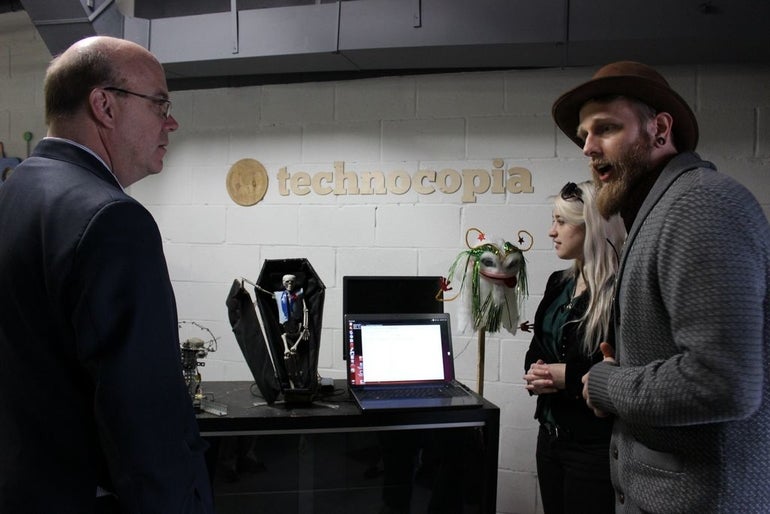Crowdfunding clarifications free up capital
The next big thing in equity investing is right around the corner. Really.
When the Jumpstart Our Business Startups (JOBS) Act was signed by President Obama in 2012, there was a real buzz that crowdfunding would replace the trickle of capital to small business with a torrent. Four years and a seemingly endless string of heartbreaking personal appeals for GoFundMe donations later, the buzz has turned to a yawn.
To be sure, there have been big winners in the donation and reward-based phases of crowdfunding. Worcester's Holy Name High School launched its new performing arts center Oct. 29 after raising more than $225,000 in a long GoFundMe campaign that tapped alumni, parents and businesses.
But the promise of a route to raising capital for business has been elusive. Blame the slow wheels of governmental bureaucracy for delays in implementing the big ticket phases of the law.
New crowdfunding rules
Last year, the U.S. Securities & Exchange Commission released its regulations for Title IV, the portion of the crowdfunding law offering an avenue for raising up to $50 million.
It wasn't until this May that the SEC firmed up the rules for Title III, the smaller business approach that allows for raising less than $1 million. Acknowledging that $1 million doesn't go as far as it once did, this phase is seen as the connective tissue that will make the whole system come alive. Under this scenario, a firm would use Title III to raise its marketing money to finance a run at larger sums under Title IV's Tier 1 ($20-million ceiling) and Tier 2 ($50-million ceiling).
All signs point to an unstoppable momentum for crowdfunding to reach its potential as a game-changing financing mechanism. Consider:
• Investment bank Goldman Sachs has entered the field with a peer-to-peer lending platform;
• Elio, the Arizona maker of a single-seat electric auto, has raised more than $26 million and booked 60,000 reservations from would-be buyers;
• RealtyMogul.com, the Los Angeles-based brainchild of a former banker, has crowdfunded its way to a $200 million commercial real estate investment fund that has buildings valued at $1 billion.
Jilliene Helman, CEO and founder of RealtyMogul, was celebrated as a superstar at the recent Global Crowdfunding Convention in Las Vegas. She told 400 or so crowdfunding insiders that during her time as a wealth manager and vice president at San Francisco-based Union Bank, she noticed one consistent strategy of wealthy people – they owned commercial real estate. Her “aha” moment was that she could use crowdfunding to democratize commercial real estate investment and put small investors into the lucrative field.
That's the kind of strategic thinking that has finance pros excited again about crowdfunding.
A cluster of booths and tables at the Las Vegas convention showed the development of the crowdfunding infrastructure.
Fewer than 20 firms have registered so far to guide firms through the legal labyrinth of Title III. There are marketing and PR specialists, video production companies and financial offering strategists.
A lot of people are staking out ground as they prepare for the seismic shift that crowdfunding may actually become as it emerges from four years in regulatory limbo.
What remains to be seen is when the effects will be felt on Main Street.










0 Comments